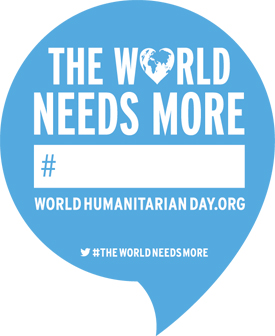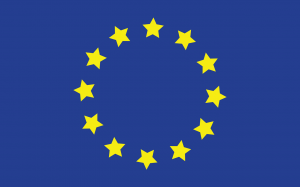 Today’s World Humanitarian Day is an occasion to pay tribute to humanitarian workers who risk their lives in bringing assistance to victims of wars and natural disasters worldwide. It is a time when we commemorate all those who were target of attacks and as a result were wounded, kidnapped or even killed. It is an opportunity to reiterate the importance to respect international humanitarian law (IHL).
Today’s World Humanitarian Day is an occasion to pay tribute to humanitarian workers who risk their lives in bringing assistance to victims of wars and natural disasters worldwide. It is a time when we commemorate all those who were target of attacks and as a result were wounded, kidnapped or even killed. It is an opportunity to reiterate the importance to respect international humanitarian law (IHL).
Recent figures on attacks worldwide show an alarming trend in the number of aggressions involving relief workers. In 2013, 454 people were attacked, of whom over one third of them were killed. The risk to a humanitarian worker’s life has increased four-fold in ten years. If the level of insecurity forces aid organisations to suspend operations or pull out of a dangerous region, millions of vulnerable people will be left without essential support.
The EU promotes global respect for and compliance with IHL through advocacy and political measures such as dialogues, statements and initiatives, as well as with humanitarian funding to ensure humanitarian access, wider dissemination and training.
Background
World Humanitarian Day is observed on 19 August every year in memory of the victims of the ruthless attack to the United Nations’ headquarters in Baghdad (Iraq) in 2003 which caused the death of the 22 people including the UN Special Representative in Iraq Sergio Vieira de Mello. A yearly global campaign is led by the UN Office for the Coordination of Humanitarian Affairs (OCHA) – see here http://worldhumanitarianday.org.
Every year, the European Commission’s Humanitarian Aid and Civil Protection department (ECHO) marks World Humanitarian Day through dedicated activities, raising awareness of the challenges of humanitarian workers and the humanitarian community as a whole. This year, ECHO launched a campaign across nine EU countries to raise awareness of World Humanitarian Day. The campaign aims to honour the humanitarians who put their own lives in danger in assisting victims of conflicts or disasters.







